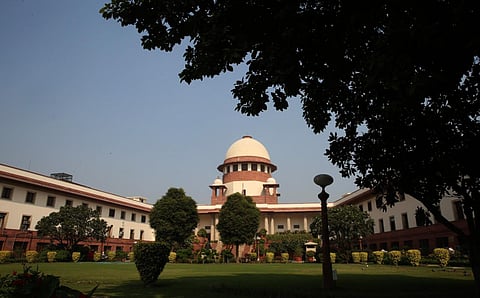Supreme Court demolishes NIA proof against Elgar case accused
Five years after they were arrested in the Elgar Parishad violence case, civil rights activists Vernon Gonsalves and Arun Ferriera were granted bail by the Supreme Court on Friday. They and 14 others face charges under the draconian Unlawful Activities (Prevention) Act (UAPA). Gonsalves and Ferriera got bail on merit after the Bombay High Court granted similar relief to another accused, Anand Teltumbde, eight months ago.
However, the High Court refused it to Gonsalves and Ferriera, hence their appeal to the Supreme Court. Two other accused are also out of jail on different grounds—Sudha Bharadwaj on default bail and Varavara Rao on medical bail. Another accused, Gautam Navlakha, is under house arrest.
“Graver the offence, greater should be the care taken to see that the offence would fall within the four corners of the Act,” the court observed as it clinically dissected the NIA’s material against Gonsalves and Ferriera. The charges against them included membership of the proscribed Communist Party of India (Maoist), recruiting youth, training cadre and handling funds for the outfit. The NIA claimed they were members of the banned outfit through its frontal organisation, the Indian Association of People’s Lawyers (IAPL). But it failed to produce material directly linking IAPL with the CPI(Maoist).
Going further, the court interpreted UAPA’s Section 38, which deals with the offence of membership in a terror outfit. The bench said it was insufficient to prove the association of the accused with the outfit; the NIA has to establish the intention of the duo to further its terror objectives. But there was no evidence on record to do so. In its affidavit, the NIA cited the recovery from their premises of books and other literature on violence and promoting the overthrowing of a democratically elected government through armed struggle.
But the mere possession of such literature would not attract stringent provisions of the UAPA, the bench reasoned. As for the handling of funds, the court inferred they were mainly used for litigation on behalf of party workers.
It’s nobody’s case that the probe agency ought not to have gone after those waging war against the nation. But having made the accusation, it is its responsibility to build a watertight case. Going by how the SC systematically shredded the limited evidence they produced, the NIA’s ability to take the case to its logical conclusion during trial does appear suspect.

